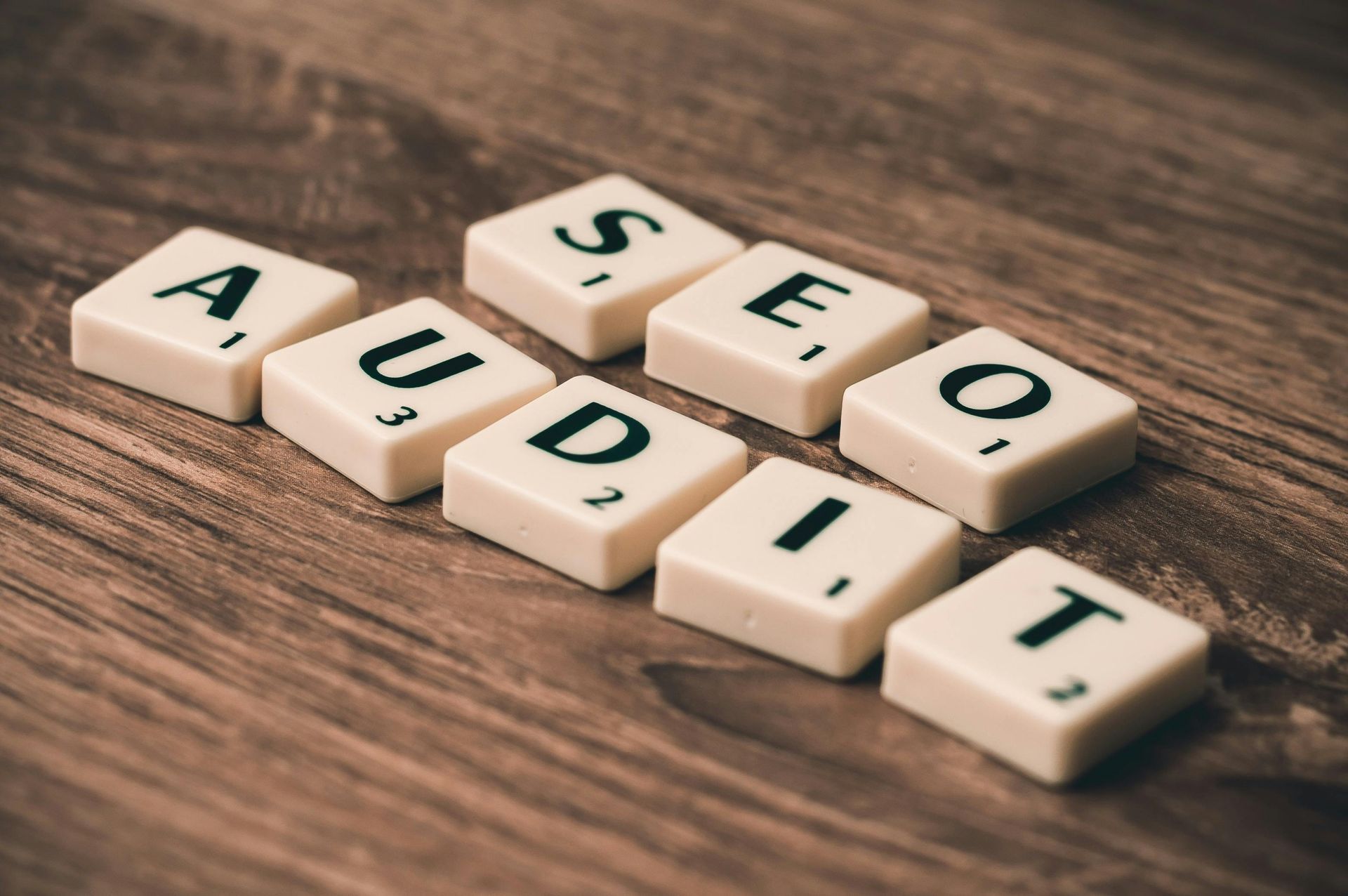GDPR – Are you ready?
It’s just six months until the biggest piece of European data protection legislation in 20 years is introduced in the UK. And it will affect us all. We know that lots of our customers are already preparing for the General Data Protection Regulation (GDPR) and as a web design agency we are too.
But are you ready for GDPR?
What is GDPR?
In the wake of breaches of personal data, affecting companies of all sizes, and the rise in online crime, GDPR will place greater restrictions on what personal data companies can hold.
It gives people more control over their own data held by companies. They will have the right to access, correct or delete any personal information a company has stored. People need to give their explicit consent for their data to be used and companies will then need to save this consent.
Will it affect my business?
If you are a company operating within the EU (this applies in the UK regardless of Brexit) which handles or stores any personal information, these new rules will apply to you. It doesn’t matter what sector you work in or if you are a multi-national or a one-man band, you need to comply.
So if you email customers or potential customers as part of your marketing, they now need to agree to your emails before you send them. This is likely to mean you have a smaller email list to work from and may have to work harder or differently to generate sales leads.
As web designers, we have responsibilities not just to our own company, but to our customers. We have to make sure your website meets the requirements of GDPR before you sign it off and it goes live. That’s why, if you have any concerns, it makes sense to work with a responsible and forward-thinking company like Cotswold Web to make sure your website is compliant with GDPR.
What if we don’t comply?
The penalties for non-compliance are severe – up to 4% of a company’s annual turnover, or 20 million euros, whichever is higher. You don’t need us to tell you that that sort of figure could be enough to wipe some businesses out altogether.
What do we need to do now?
With around six months until the implementation date of 25th May 2018, now is the time to take steps to ensure you have everything in order ready for GDPR.
The first step is to understand exactly what data you hold, where you hold it and who has access to it. Employees at all levels who use customers’ personal data need to understand the new rules and exactly what they mean for the company. Ignorance is no defence.
Once you know what data you do hold, the next step is to update your data protection policies in the light of the new regulations. This should include a system on dealing with any breaches, which must be reported within 72 hours under the new legislation. Companies should have a data protection officer, who has an understanding of data across the business.
GDPR may seem like a huge task right now, but non-compliance is not an option. You need to ensure the long-term safety of not only your business, but your clients’ personal information.
You’ve still got time to get your systems in order and the sooner you get to work on it, the sooner you will be protected.
If you need any support with GDPR compliance, please talk to us about how we can help.
Find out more about the incredible companies we work with here and contact us to see how we can help with your website.
More Posts.






